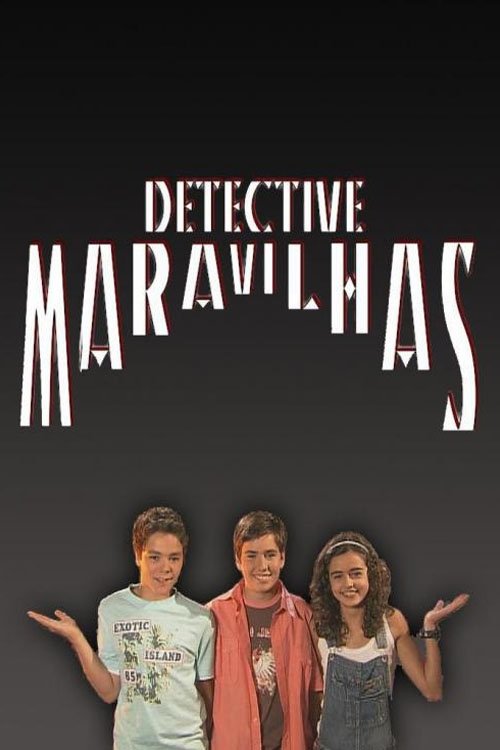
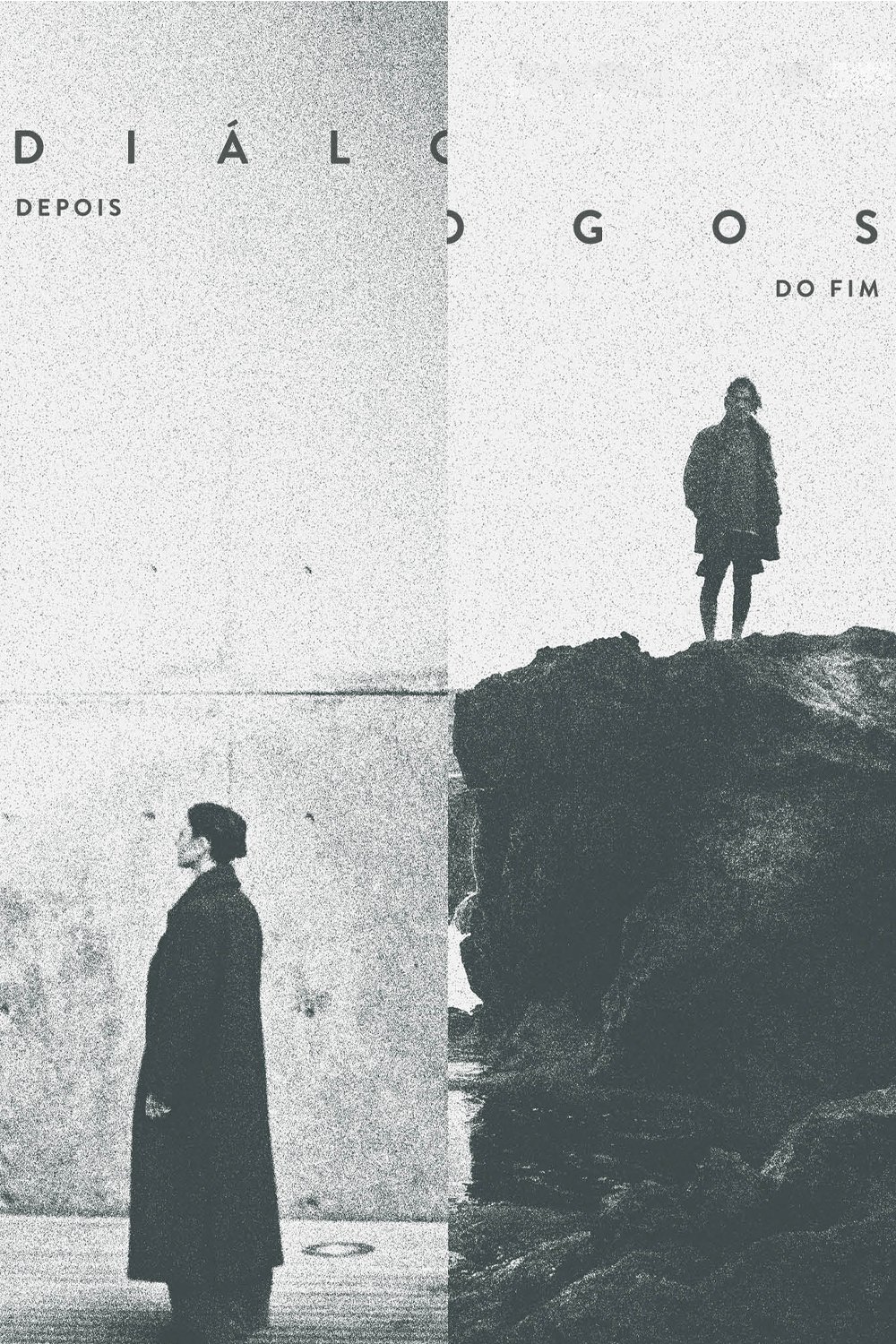
Pavese considered Dialogues with Leucò his best work. Eloquent and at the same time sententious and fragile, but implausible among humanized gods, demigods, heroes, and other pagan figures of Greek mythology, who question, through the imaginary of myths, the society of contemporary man. Out of a time and a certain space, and thus, and like all myths, always current.
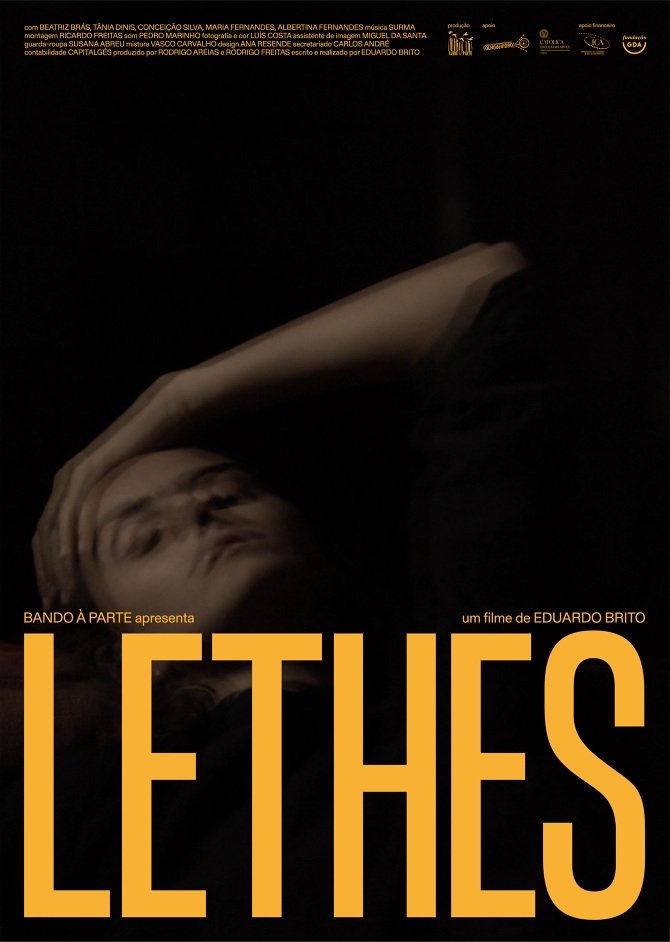
There is a village in the mountain and a house in the village, where Ema repeats gestures and tasks: she takes care of her grandmother, walks, reads, waits. Until one day the cycle breaks: what happened in the mountain house?
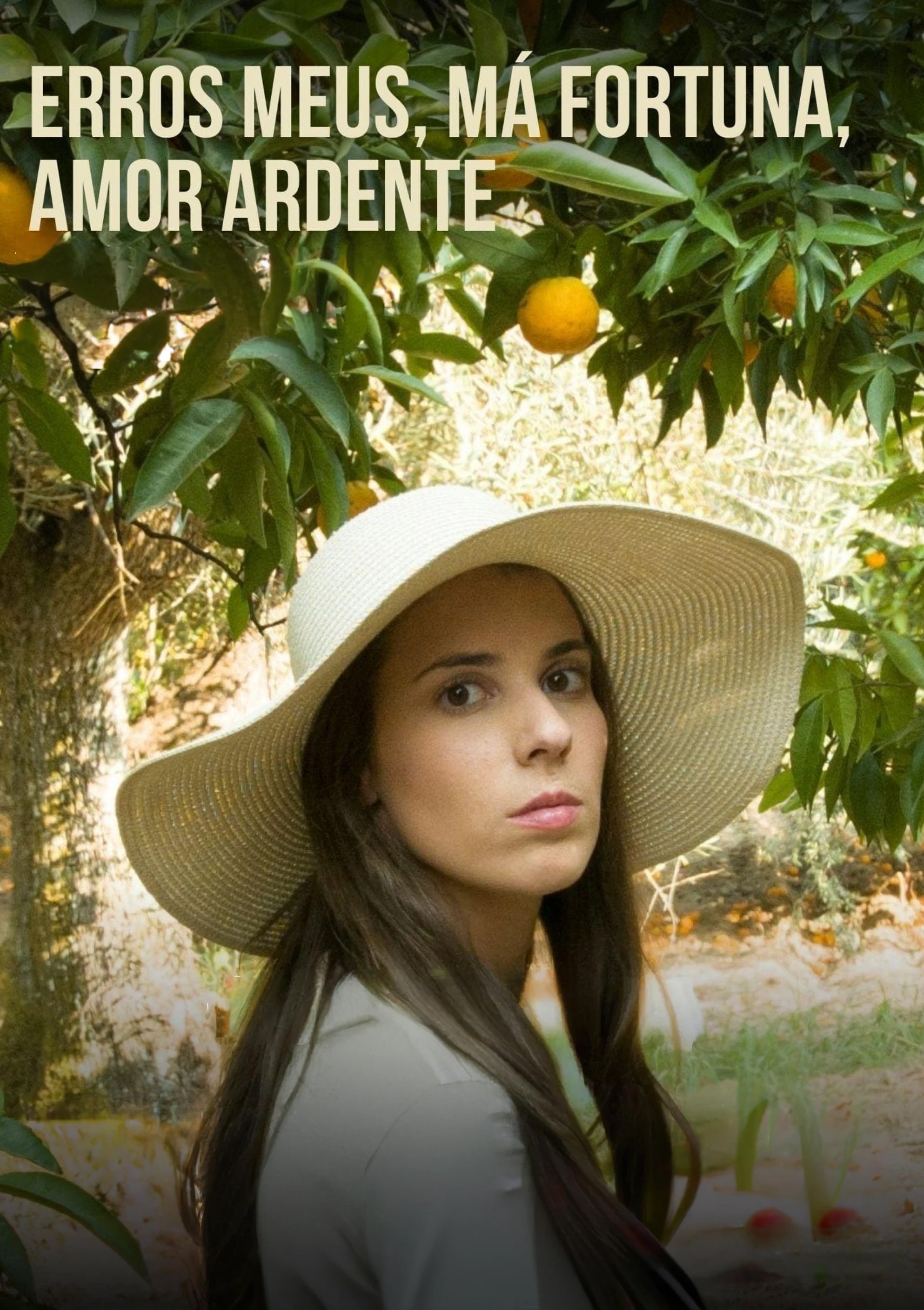
Erros Meus, Má Fortuna, Amor Ardente brings us a story from a small, rural village in the interior of Portugal where, by reason of a funeral, people from all parts of the region are arriving. Maria is a young woman from that village, unsatisfied with her marriage with João, who has never given her a child: her biggest desire. By cause of the funeral, Carlos arrives, and his arrival and Maria's emancipated behavior generate distrust from the other villagers. Maria, a serious, beautiful and virtuous woman, loved by every man in the village and hated by all the women, awakes in João the weakness of jealousy, and in Carlos the weakness of an old love.
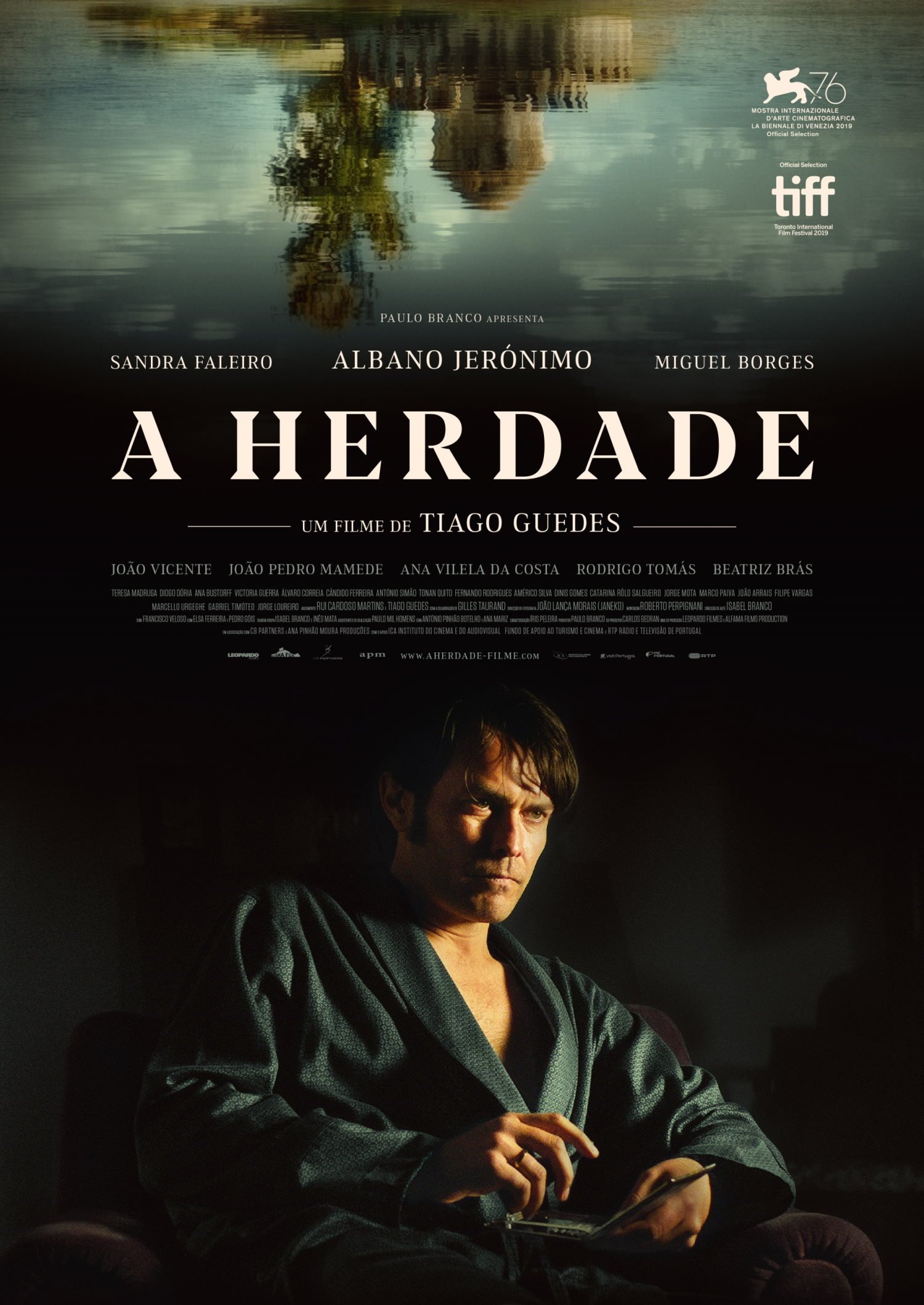
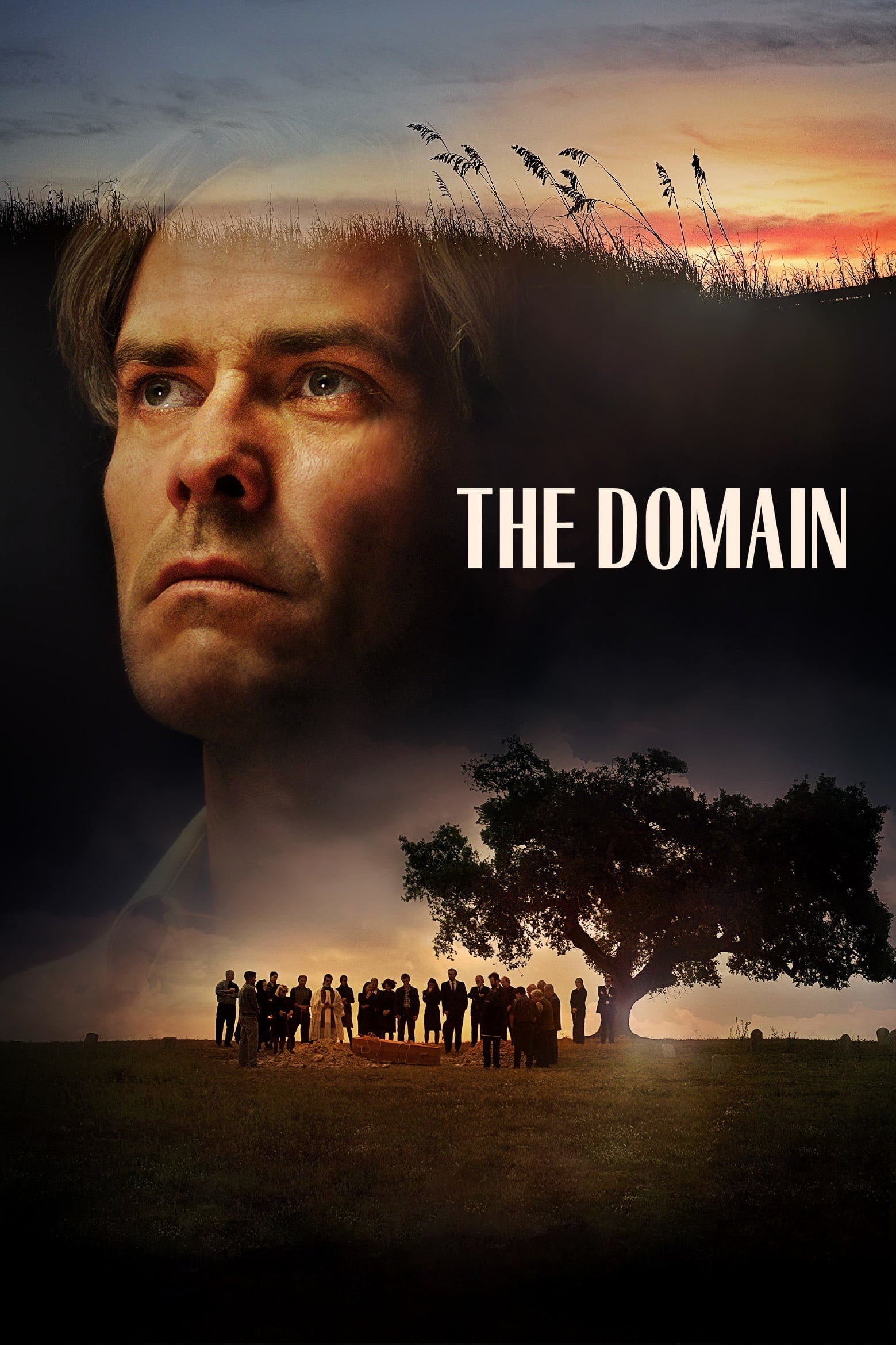
The chronicle of a Portuguese family that owns one of the largest estates in Europe, on the south bank of the River Tagus. The Domain delves deeply into the secrets of their homestead, portraying the historical, political, economic and social life of Portugal, since the 1940's to these days.
